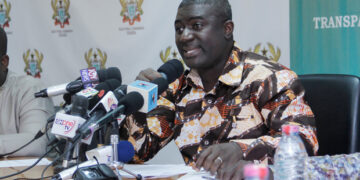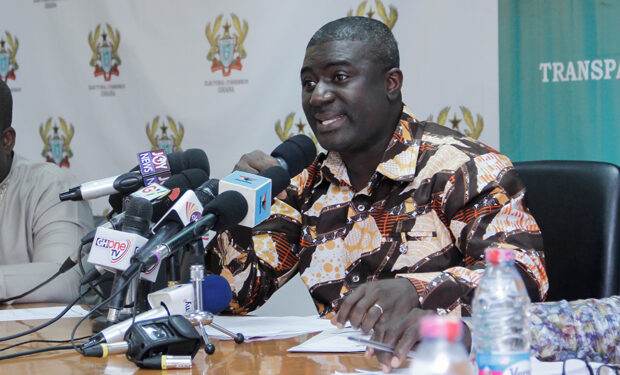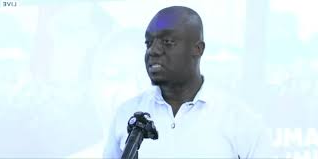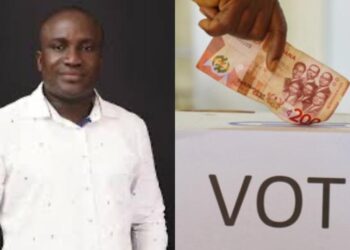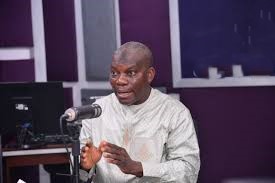The Electoral Commission (EC) has announced that the filing fees for the upcoming 2024 Presidential and Parliamentary elections will mirror those charged during the 2020 polls, signaling consistency in the electoral process.
For presidential candidates, the filing fee will remain at GH¢100,000, while parliamentary candidates will continue to pay GH¢10,000, according to the EC’s declaration.
This decision comes after the EC faced criticism in 2020 for doubling the filing fee for presidential candidates from GH¢50,000 to GH¢100,000, which was perceived as a steep increase. Dr. Bossman Eric Asare, Deputy Chairman of the Electoral Commission, had defended the decision at the time, citing the adjustment in line with currency value.
Following a joint meeting between the EC and various political parties, a communiqué was issued after the Inter-Party Advisory Committee (IPAC) meeting on Thursday, March 7, 2024, confirming that the filing fees would remain unchanged from 2020.
The communiqué, signed by Michael Boadu, Acting Head of Public Affairs at the EC, expressed appreciation for the input of political party leaders in shaping the Election Plan for 2024.
“The leaders of Political Parties made useful inputs into the 2024 Election Plan. The Commission indicated its willingness to implement a number of the suggestions. Political Parties at the meeting unanimously commended the Electoral Commission for the preparation of a comprehensive calendar to govern the 2024 Elections.”
Additionally, the EC announced its decision to retain the use of indelible ink during the elections and revealed that the Limited Voter Registration Exercise would span 21 days, running from Tuesday, May 7th to Monday, May 27th, 2024.
“The Electoral Commission will maintain the indelible ink as the electoral stain for the marking of voters in the 2024 General Elections. The Limited Voter Registration Exercise will be for a twenty-one (21) day period commencing, Tuesday 7th May to Monday 27th May, 2024. The exercise will be conducted at the District Offices of the Electoral Commission and in difficult-to-access Electoral Areas.”
